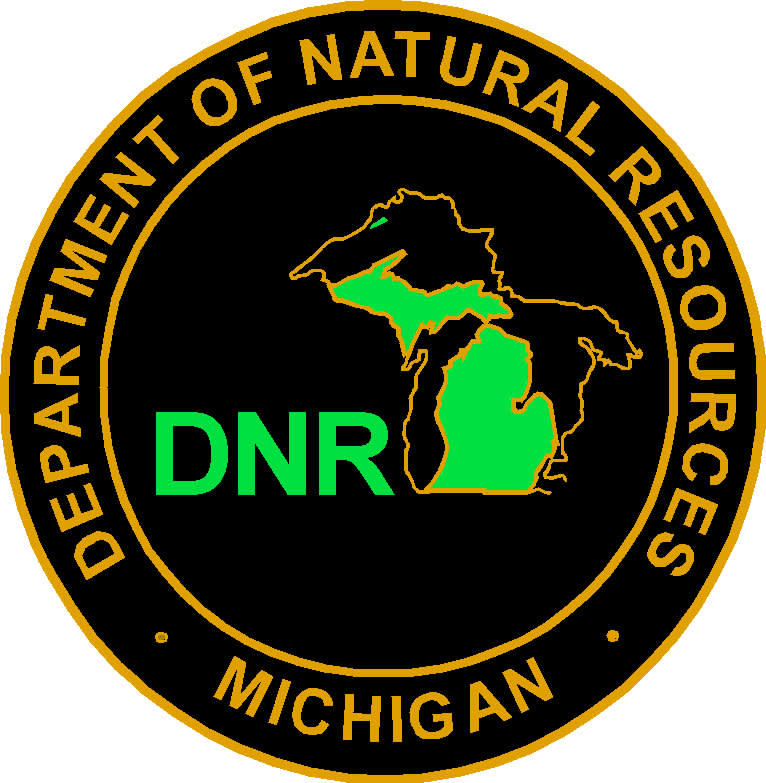Michigan Natural Resources Commission Authorizes Limited Public Wolf Harvest

The Michigan Natural Resources Commission (NRC) today approved a limited public wolf harvest in three distinct regions of Michigan’s Upper Peninsula. The decision followed a process of dedicated conversation with the public and experts, along with a thorough review of the pertinent science.
“The recovery of Michigan’s wolf population has been a remarkable success story,” said Natural Resources Commission Chairman J.R. Richardson. “Today’s decision by the NRC supports ongoing scientific management of this game species, just as voters intended when by an overwhelming margin they approved Proposal G in 1996. The public harvest proposal approved by the commission ensures the long-term presence of wolves while providing a valuable tool for managing conflicts between wolves and human populations. This is a thoughtful, science-based decision.”
The commission adopted the regulations during its regular monthly meeting, held in Roscommon. The regulations establish a limited harvest of 43 wolves in three areas of the Upper Peninsula where wolf-human conflicts – including depredation of livestock and pets and human safety concerns – have been persistent despite employing a number of control measures.
Michigan’s wolf population has grown significantly since 2000, with a current minimum population estimate of 658. The target harvest is not expected to impact the overall wolf population trajectory, based on published scientific research.
“This decision was the culmination of a long and thorough process by the NRC,” said Department of Natural Resources (DNR) Director Keith Creagh. “The DNR will continue to work closely with the commission to be certain that Michigan’s wolf population is managed according to the principles of sound science.”
The regulations create three Wolf Management Units (WMU):
- WMU A in Gogebic County in the far western Upper Peninsula – target harvest of 16 wolves;
- WMU B in portions of Baraga, Houghton, Ontonagon and Gogebic counties – target harvest of 19 wolves; and
- WMU C in portions of Luce and Mackinac counties – target harvest of eight wolves.
The 2013 wolf season will open Nov. 15 and will run until Dec. 31 or until the target harvest for each WMU is reached. The bag limit is one wolf per person per year. Firearm, crossbow and bow-and-arrow hunting and trapping (foothold traps only, with an outside jaw spread of 5.25 inches to 8 inches) will be allowed on public and private lands.
Hunters will be required to report successful harvest over the phone on the day of harvest. Once the target harvest is met for a management unit, the entire unit will be closed for the season. Licensed hunters will be required to check daily by phone or online to determine whether any management units have been closed.
Successful hunters must present the carcass to a DNR check station within 72 hours of harvest. DNR staff members will seal the pelt and collect a tooth, female reproductive tracts and harvest location information.
A total of 1,200 licenses will be available for over-the-counter purchase, on a first-come, first-served basis, starting Aug. 3, 2013. Licenses will be valid for all three WMUs until each unit is closed. As established by the Legislature, the cost of a wolf hunting license is $100 for residents and $500 for nonresidents. In order to purchase a license, a hunter is required to have either purchased a previous hunting license or taken a state-approved hunter safety education course.
In developing its recommendations for a public wolf harvest, Department of Natural Resources wildlife biologists gathered a variety of input and data. Actions by the DNR and the NRC included:
- Completing a wolf population survey;
- Reviewing documented wolf conflicts and the effectiveness of nonlethal and targeted lethal control measures;
- Meeting with the Wolf Management Advisory Council, a diverse group of stakeholders, to discuss a possible wolf harvest aimed at resolving conflicts;
- Providing public input opportunities, including four public meetings in March; and
- Consulting with tribal governments through four meetings.
The NRC’s Policy Committee on Wildlife and Fisheries presented a recommendation to the full commission that included a review of the experience of other states currently engaged in public wolf harvest and testimony from experts in the field with respect to wolf hunting issues, wolf biology and wolf population matters.
“We anticipate that this limited public harvest could both change wolf behavior over time – making them more wary of people, residential areas and farms – and reduce the abundance of wolves in these management areas that have experienced chronic problems,” said DNR Wildlife Division Chief Russ Mason. “We’re aiming to decrease the number of conflicts and complaints while maintaining the long-term viability of the wolf population.”
In January 2012, wolves in Michigan were removed from the federal list of endangered species. In December 2012, wolves were declared a game species when Gov. Rick Snyder signed Public Act 520 of 2012. State law authorizes the Natural Resources Commission to determine the method and manner of take for all game species in Michigan.
To learn more about the state’s wolf population and Wolf Management Plan, visit www.michigan.gov/wolves.

